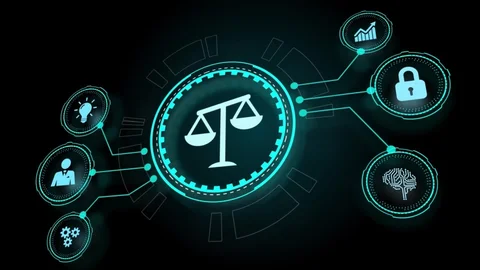In the digitalised world of today, businesses are under increased pressure to behave morally, responsibly and above all, within the law. Not doing this can invite legal action, but it also harms a company’s reputation—often irreparably. In this post we look at how abiding by the law is essential to maintaining a spotless reputation as well as a necessary obligation.
Why compliance matters
The basis of society and, thus, the framework of enterprises is the law. Therefore, compliance functions as an impartial gauge of a business’s moral character and efficiency. Non-compliance can result in a number of detrimental effects, such as fines, the revocation of business licences, and damage to one’s reputation.
The legal environment that organisations must negotiate is intricate and multidimensional, ranging from GDPR in the field of data protection to ISO 27001 in cyber security. Because of this, the position of a compliance officer or team becomes essential. They make sure the company is complying with all regulations, not just to stay out of trouble but also to gain the public and stakeholders’ trust.
Legality from the customer perspective
Consumers are becoming more and more concerned about the morality and legality of the businesses they do business with. In the era of social media, any noncompliance can be exposed very rapidly, damaging the company’s reputation and revenue. Following the law is therefore one way that a business can show that it is committed to ethical and responsible behaviour.
Effect on reputation
Organisations that prioritise compliance get a boost in their standing. It draws more capital, better talent, and more customer loyalty, like an unseen asset. Furthermore, a business with a spotless reputation is better equipped to handle obstacles in the future, even legal ones.
In conclusion, abiding by the law is an investment in the company’s future and reputation. The hard but desirable path is made worthwhile by the benefits, both tangible and immaterial. A perfect reputation is one of a company’s most important and versatile assets, and compliance is the first step in building one.
